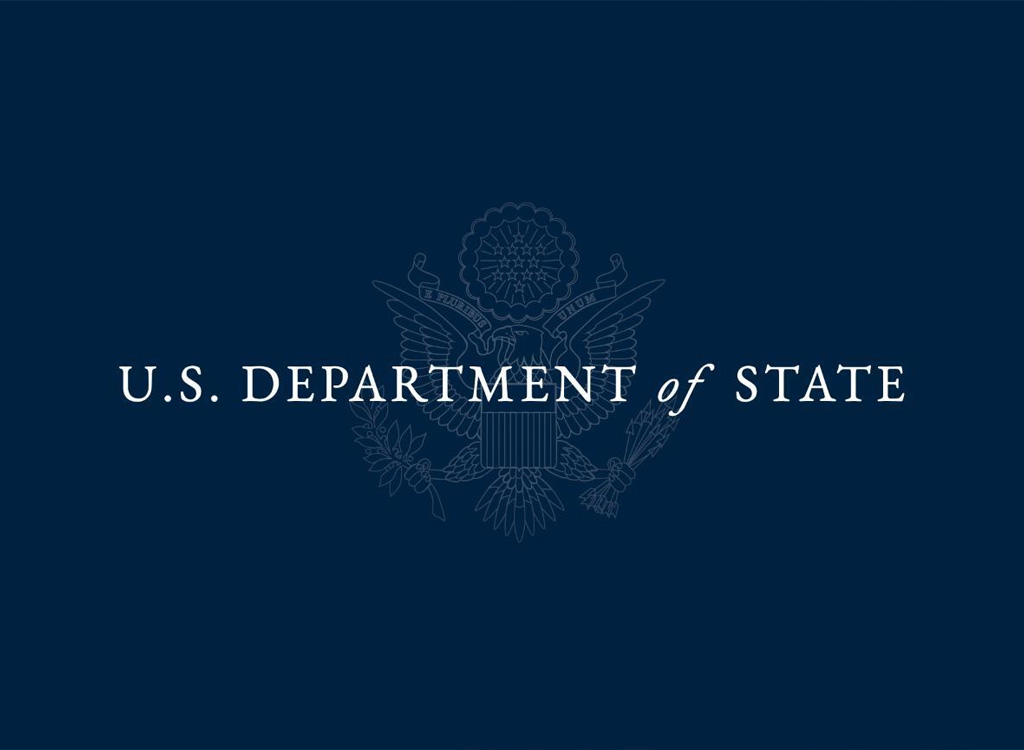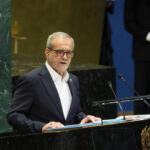A new report from the U.S. Department of State has raised concerns over persistent barriers to foreign investment in Sri Lanka due to regulatory unpredictability, bureaucratic inefficiencies, and inconsistent policy signals as key deterrents, despite growing American interest in sectors such as ICT, energy, aviation, and defence.
In its annual Investment Climate Statement, which surveys over 170 countries, the State Department found that Sri Lanka’s institutional capacity to support an open and transparent investment environment remains limited.
“Overall, investors report that doing business remains difficult, frequently citing concerns about project reversals, regulatory shifts, slow decision making, and inadequate support for established businesses,” the report noted.
The Board of Investment (BOI), Sri Lanka’s main investment promotion body, was criticised for its inability to function effectively as a “one-stop shop.”
Fragmented authority across government agencies has led to drawn-out approval processes and hindered investor engagement, the report added.
While the NPP government has signalled a desire to attract foreign investment highlighted by President Dissanayake’s January 2025 commitment to a $3.7 billion Sinopec oil refinery project, investors remain wary.
The withdrawal of Indian conglomerate Adani Green Energy from a $400 million renewable energy project just a month later, reportedly due to contract renegotiation attempts by the Sri Lankan government, was cited as emblematic of the country’s inconsistent approach.
The report underscores the need for deep structural reforms in trade facilitation, governance, and digitization.
Key impediments include opaque procurement processes, legal uncertainty, high transaction costs, and the stalled privatization of major state-owned enterprises such as the Ceylon Electricity Board.
Despite official rhetoric in favour of private investment, the report warned that public criticism from senior officials targeting private sector-led growth paired with a lingering preference for state-led economic models continues to chill investor sentiment.











Leave a comment